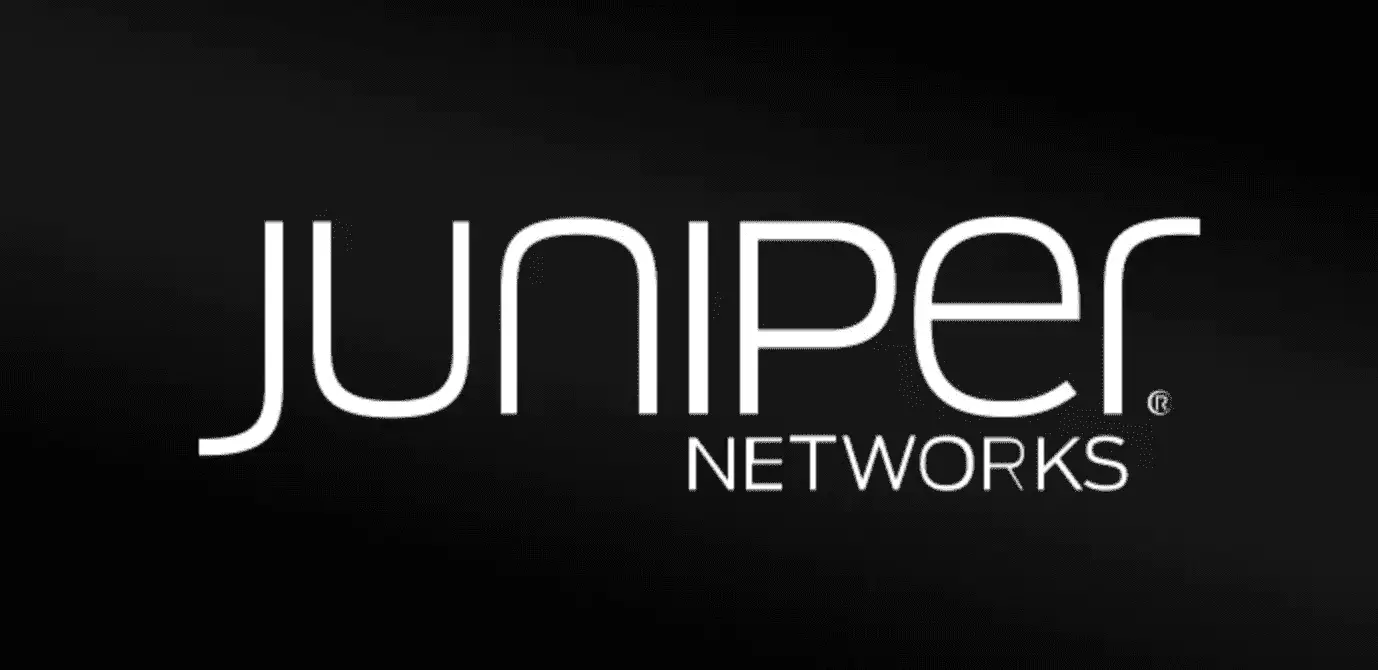
Juniper Networks has released an out-of-cycle security bulletin addressing a critical authentication bypass vulnerability in its Session Smart Router, Session Smart Conductor, and WAN Assurance Managed Router products. The flaw, identified as CVE-2025-21589, carries a maximum CVSS score of 9.8, indicating its severity.
The vulnerability resides in the authentication mechanism of the affected products. According to the security bulletin, “An Authentication Bypass Using an Alternate Path or Channel vulnerability in Juniper Networks Session Smart Router may allow a network-based attacker to bypass authentication and take administrative control of the device.” This allows attackers to gain complete control over network infrastructure.
The affected products and versions are extensive, spanning multiple releases of the Session Smart Router, Session Smart Conductor, and WAN Assurance Managed Routers. Specifically, the vulnerability impacts the following versions:
- Session Smart Router: from 5.6.7 before 5.6.17, from 6.0.8, from 6.1 before 6.1.12-lts, from 6.2 before 6.2.8-lts, and from 6.3 before 6.3.3-r2.
- Session Smart Conductor: from 5.6.7 before 5.6.17, from 6.0.8, from 6.1 before 6.1.12-lts, from 6.2 before 6.2.8-lts, and from 6.3 before 6.3.3-r2.
- WAN Assurance Managed Routers: from 5.6.7 before 5.6.17, from 6.0.8, from 6.1 before 6.1.12-lts, from 6.2 before 6.2.8-lts, and from 6.3 before 6.3.3-r2.
Juniper has released updated software versions to address this vulnerability: SSR-5.6.17, SSR-6.1.12-lts, SSR-6.2.8-lts, and SSR-6.3.3-r2. The company recommends upgrading all affected systems to one of these versions as soon as possible.
For Conductor-managed deployments, Juniper notes, “It is sufficient to upgrade only the Conductor nodes and the fix will be applied automatically to all connected routers.” However, they also advise that “As practical, the routers should still be upgraded to a fixed version however they will not be vulnerable once they connect to an upgraded Conductor.” This two-pronged approach ensures both immediate mitigation and long-term protection.
WAN Assurance users connected to the Mist Cloud have already received automatic patches. “This vulnerability has been patched automatically on devices that operate with WAN Assurance (where configuration is also managed) connected to the Mist Cloud,” the bulletin states. Even in these cases, Juniper recommends upgrading the routers to a fixed version when feasible.
The patching process is designed to minimize disruption. “It is important to note that when the fix is applied automatically on routers managed by a Conductor or on WAN assurance, it will have no impact on data-plane functions of the router,” Juniper assures. While there might be “a momentary downtime (less than 30 seconds) to the web-based management and APIs,” the impact on network traffic should be negligible.
Currently, Juniper SIRT is not aware of any malicious exploitation of the CVE-2025-21589 vulnerability. However, given the severity of the flaw, prompt action is crucial to prevent potential attacks. With no known workarounds available, upgrading to the patched software releases is the only effective mitigation. Administrators should prioritize this update to safeguard their network infrastructure.
Related Posts:
- Unauthenticated Attackers Can Exploit Junos Vulnerabilities (CVE-2025-21598 & CVE-2025-21599)
- Sophisticated J-Magic Backdoor Evades Detection on Juniper Routers
- Privilege Escalation and Remote Code Execution Threaten Cisco Routers: No Updates Available
- Cisco Warns of Unpatched Vulnerability (CVE-2024-20416) in RV340 and RV345 Routers